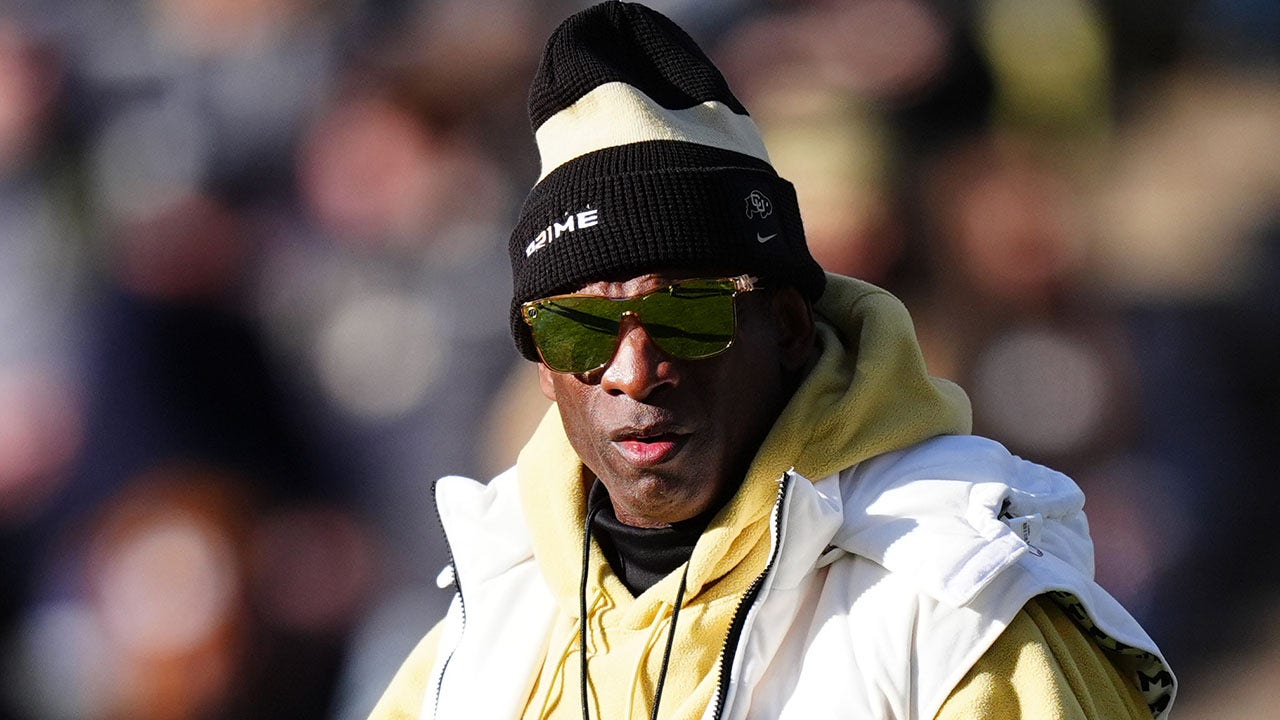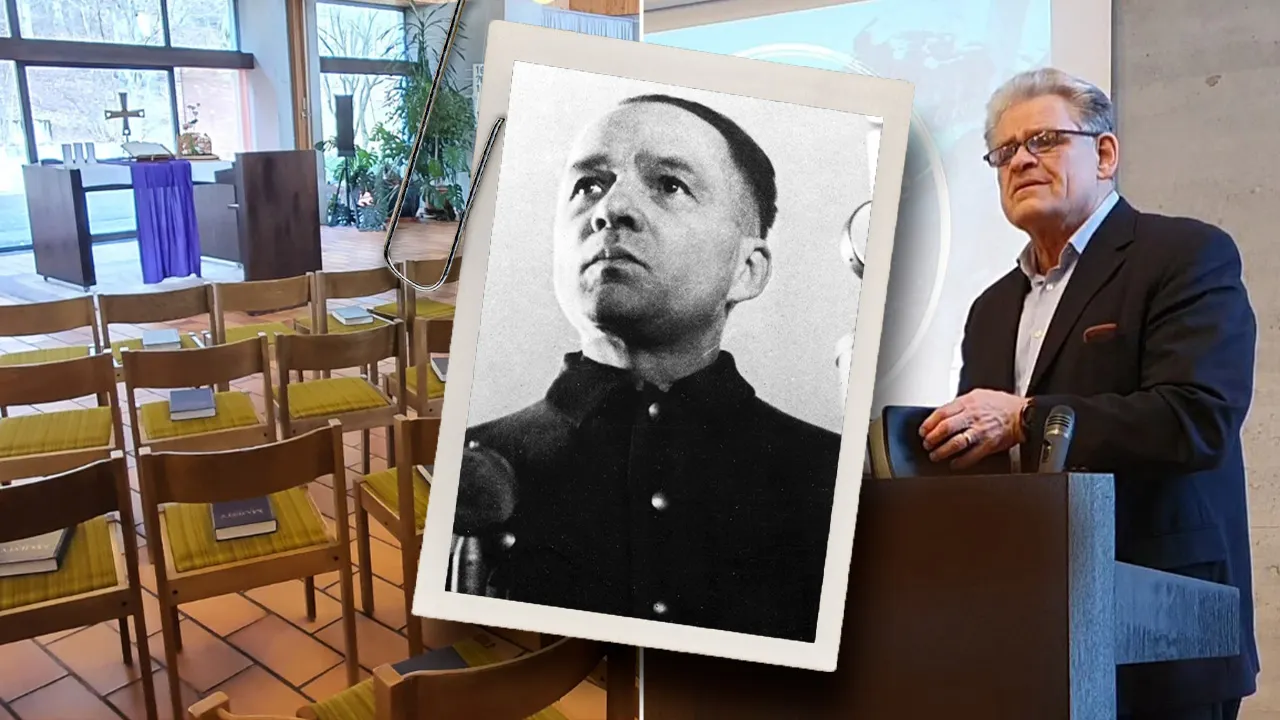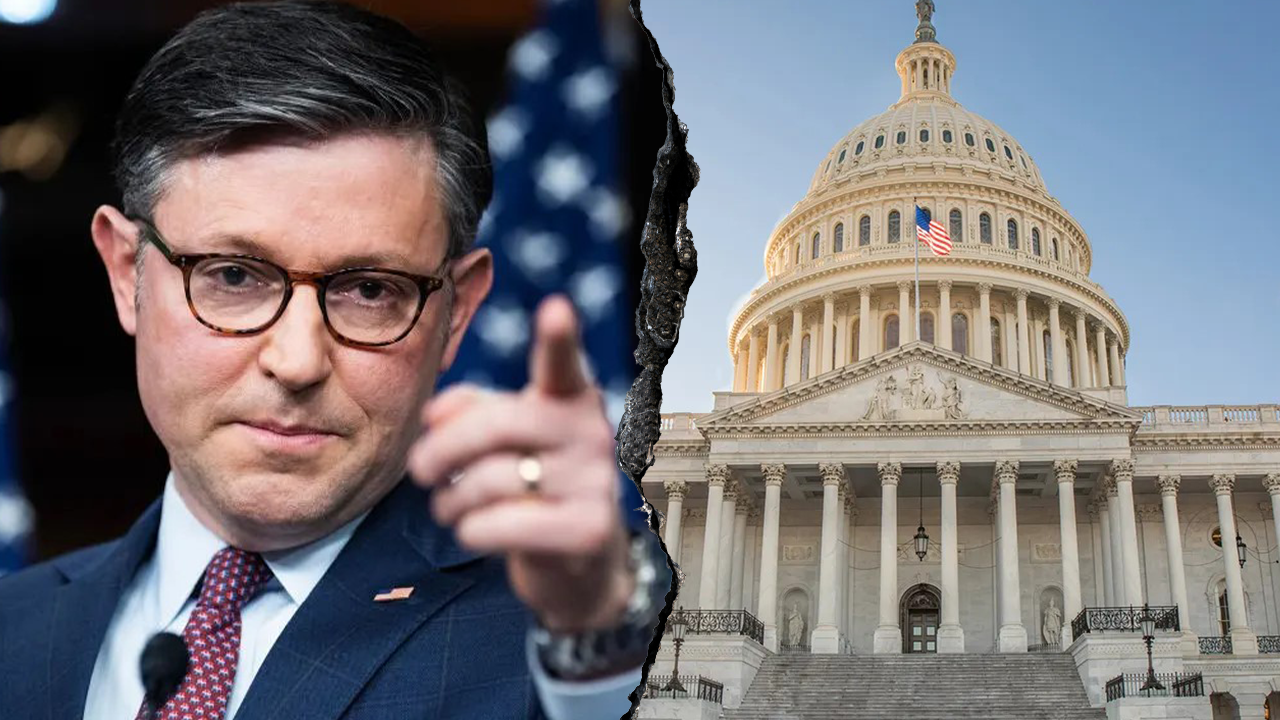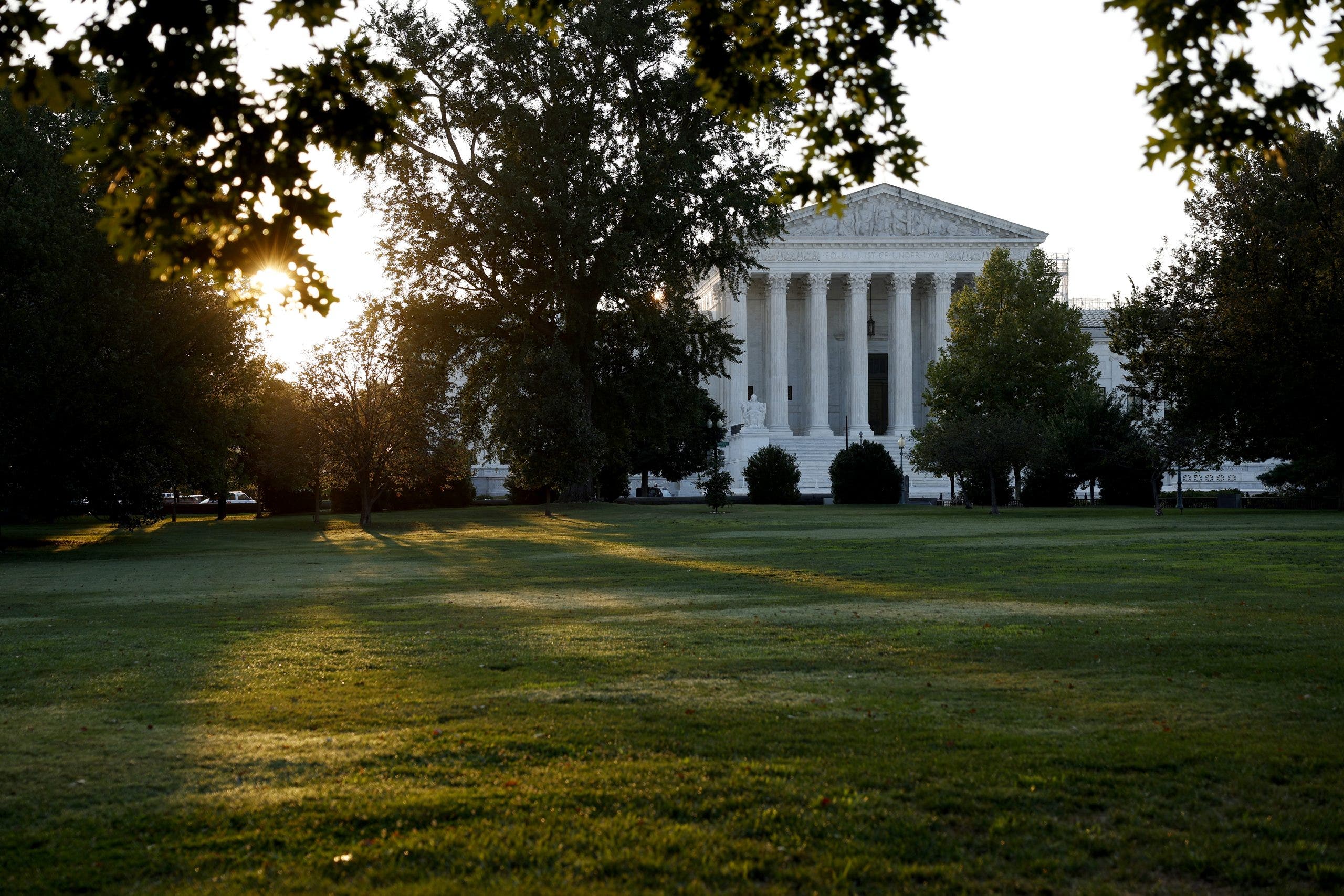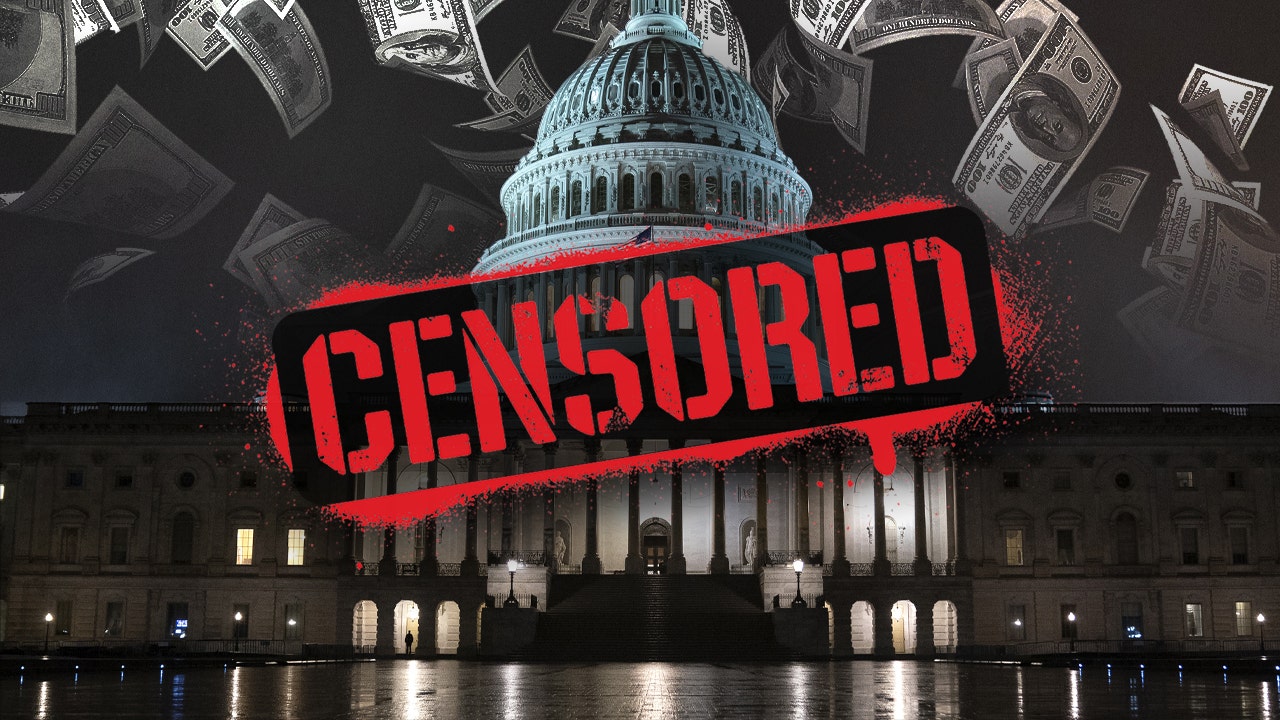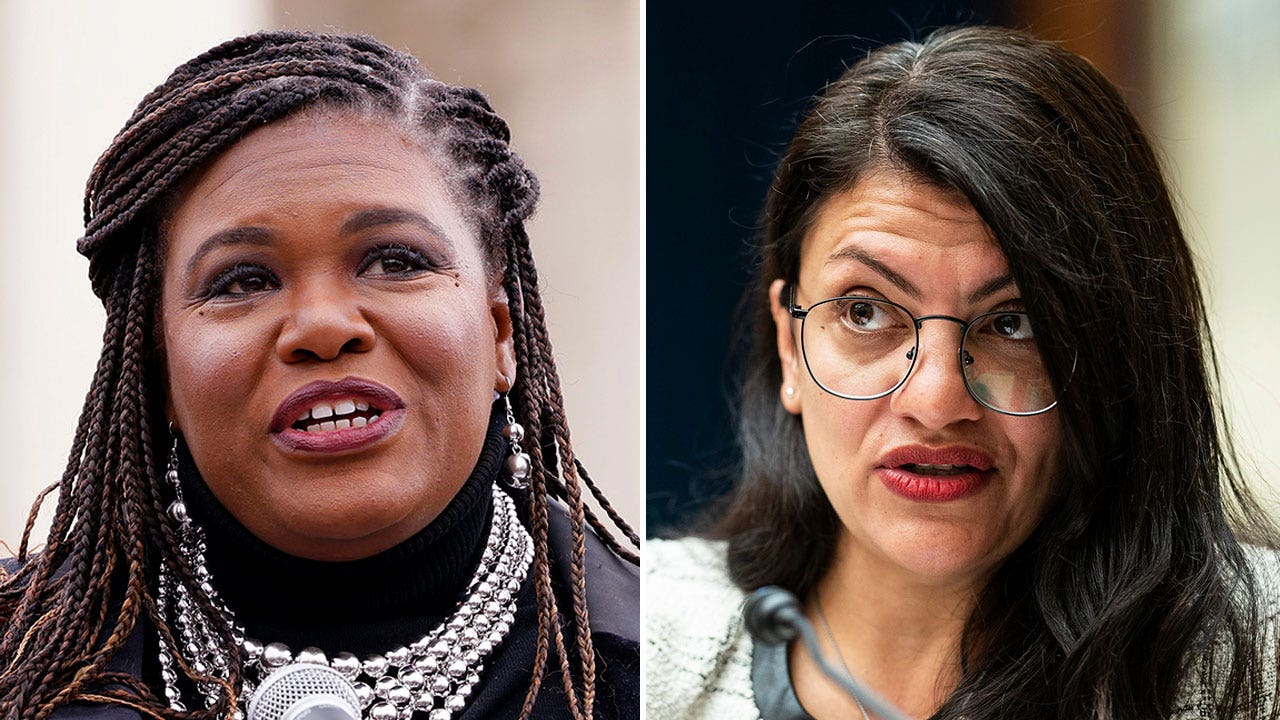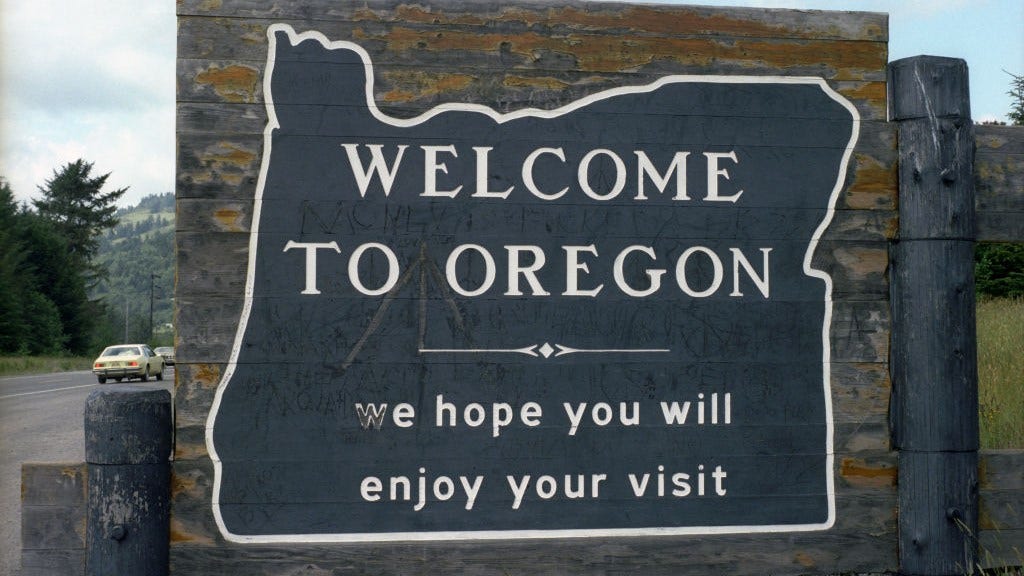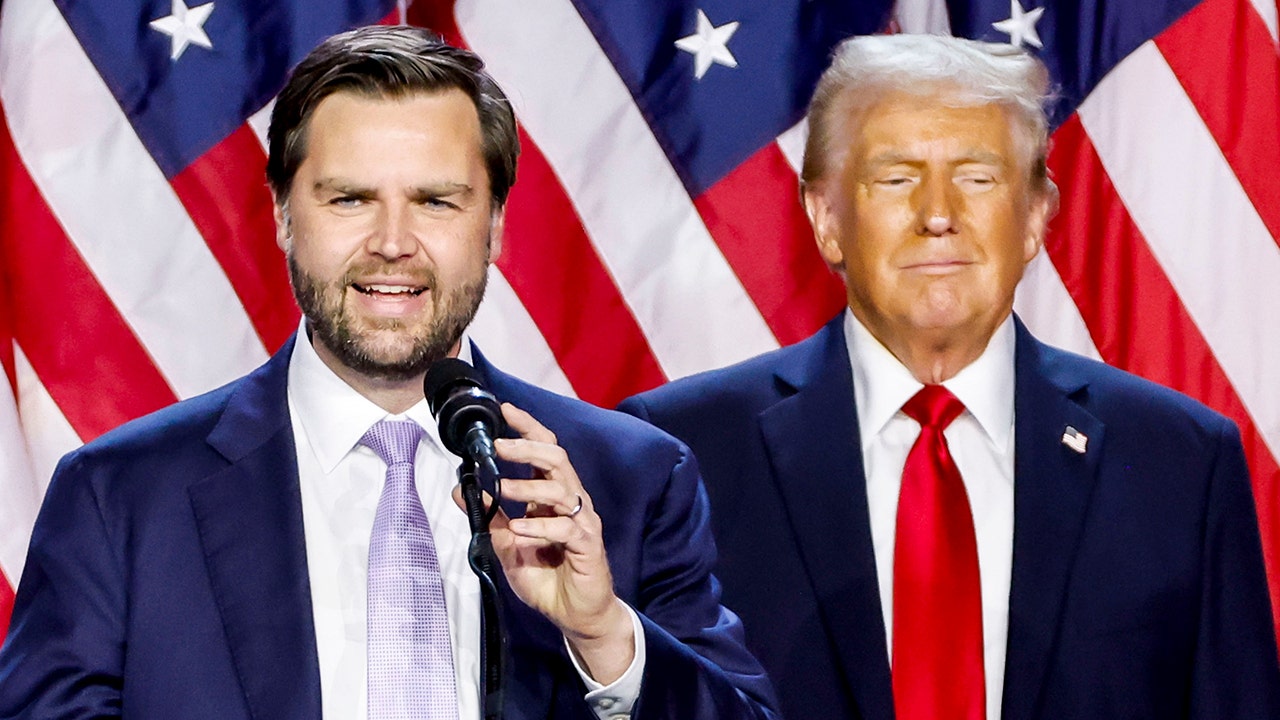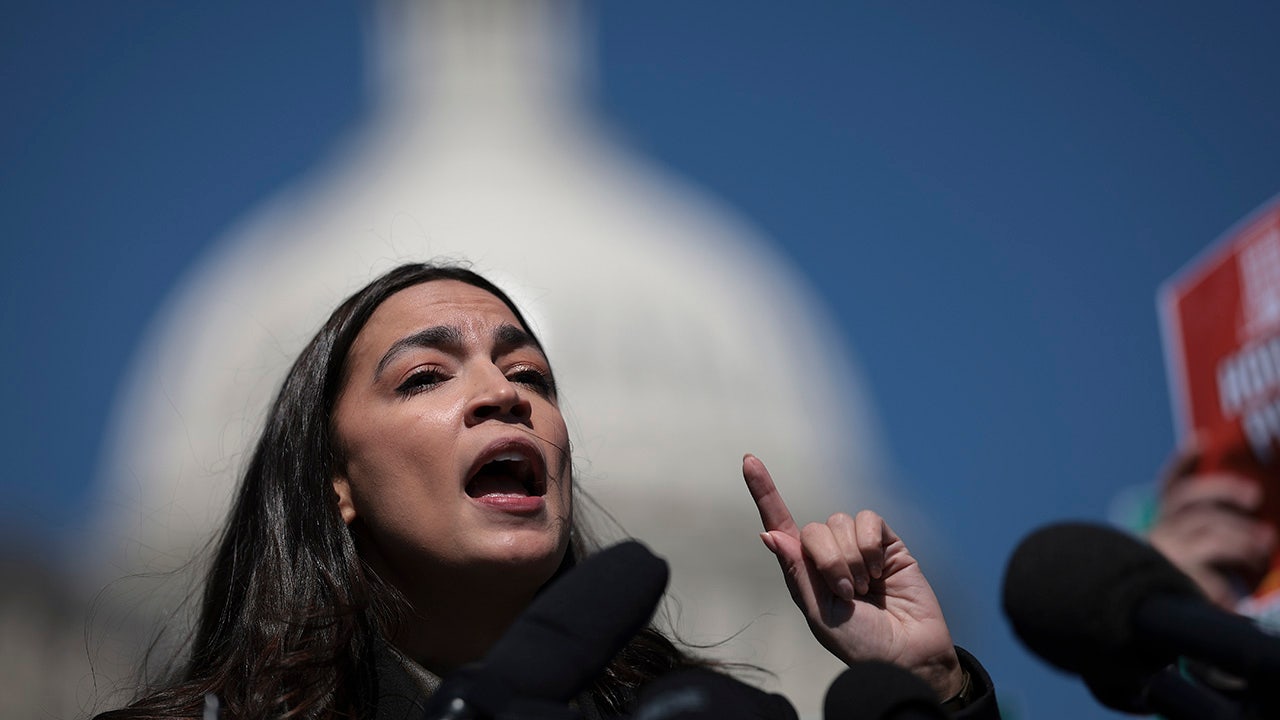The Supreme Court on Wednesday agreed to take up an emergency challenge from Virginia temporarily halting a federal judge’s decision that ordered it to reinstate hundreds of potential noncitizens to the state’s voter rolls.
The decision is a victory for Gov. Glenn Youngkin, and comes just days after the state of Virginia filed an emergency appeal to the Supreme Court to halt a lower court decision ordering it to restore the names of some 1,600 individuals to its voter rolls.
At the heart of the case is whether Virginia’s voter removal process violates a so-called quiet period under the National Voter Registration Act (NVRA), or a federal law requiring states to halt all “systematic” voter roll maintenance for a 90-day period before a federal election.
That argument pitted the Department of Justice—which sued the state over its removal program earlier this month— against Virginia Gov. Glenn Youngkin, who insisted the state’s process is “individualized” and conducted in accordance with state and federal law.
With just days until the election, the court’s decision is expected to be under a microscope.
26 REPUBLICAN ATTORNEYS GENERAL JOIN VIRGINIA IN PETITIONING SUPREME COURT TO RULE ON VOTER ROLL
Virginia’s voter roll maintenance program was implemented in August and compares the state Department of Motor Vehicles’ list of self-identified noncitizens to its list of registered voters. Individuals without citizenship were flagged and informed that their voter registration would be canceled unless they could prove their citizenship in 14 days.
The Justice Department argued that the removals were conducted too close to the Nov. 5 elections and violated the NVRA’s quiet period provision, a decision backed by a U.S. judge in Alexandria, who ordered Virginia last week to halt its removals and to reinstate the registrations of all 1,600 removed individuals.
Justice Department officials also cited concerns in their lawsuit that eligible votes may have incorrectly been removed from the rolls without adequate notice or with enough time to correct the mistake.
In the state’s petition to the Supreme Court, Virginia Attorney General Jason S. Miyares objected to the lawsuit and subsequent court ruling on several grounds. First, he argued, the NVRA does not extend to “self-identified noncitizens” in the state– adopting a more narrow reading of the law than the Justice Department, and one that he said could render the primary basis for the lawsuit obsolete.
Second, he argued that if the NVRA does apply, the state still has an “individualized process” of removing voters that is conducted by the Department of Motor Vehicles and directly by local registration offices.
Late Monday, attorneys general from all 26 Republican-led states joined Virginia in filing an amicus brief to the Supreme Court, backing its assertion that the removal program was conducted on an “individualized” basis, and further, that the Justice Department’s reading of the protections granted under NVRA are overly broad and do not apply to noncitizens.
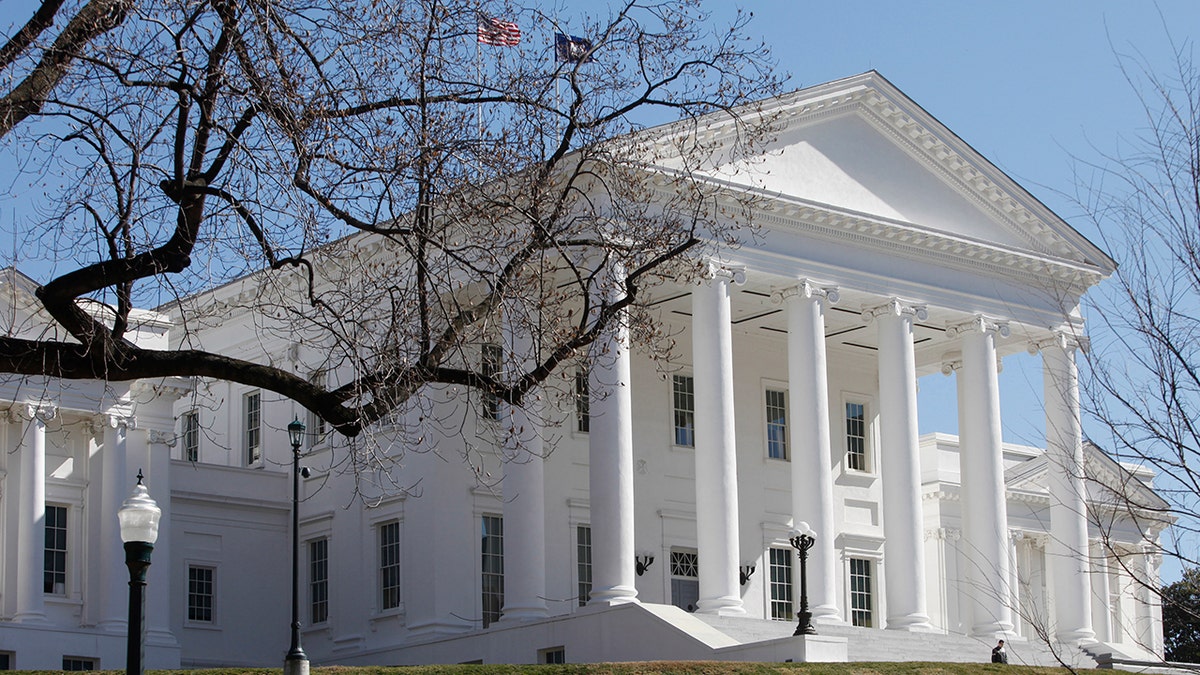
Attorneys urged the court to grant Virginia’s emergency motion and “restore the status quo,” noting that doing so “would comply with the law and enable Virginia to ensure that noncitizens do not vote in the upcoming election.”
“This Court should reject Respondents’ effort to change the rules in the middle of the game and restore the status quo ante,” they wrote. “The Constitution leaves decisions about voter qualifications to the people of Virginia. And the people of Virginia have decided that noncitizens are not permitted to vote.”
Get the latest updates from the 2024 campaign trail, exclusive interviews and more at our Fox News Digital election hub.
